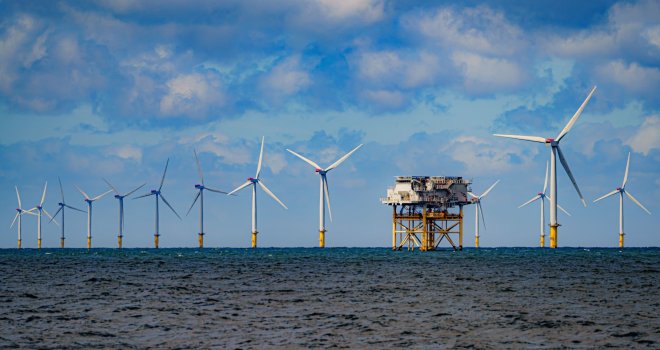What Could A Winter Power Crisis Mean For You?

The turn of 2021 into 2022 is set to be a period of tension both in residential and business areas, if recent predictions of a tight electricity supply are to be believed.
While the National Grid remains confident that there will be enough power to keep the lights on, recent reports have questioned what this will mean in practice. Naturally, for businesses seeking to plan what is always a complicated time of year, the uncertainty isn’t helping with preparedness.
There are a few questions to answer, and we’re going to look to answer some of those here. Any business owner will be aware of just how fundamentally their efforts could be affected by a power crisis, and we’ll look at how likely that is, what it will mean for business, and what some businesses are preparing to do as a means of keeping their business functioning in the event that a crisis does happen.
What is causing the energy supply problems?
A global hike in gas prices has led to an increase in the cost of energy production; for the UK, this has revolved around a few issues including the loss of a significant gas supply from Russia. To this point, a number of UK energy companies have been forced into closure as it has become too expensive for them to produce electricity.
What does this mean for business?
Ordinarily, some suppliers going bankrupt – while not being good news – would primarily mean that businesses simply shifted their supply to a competitor in the crowded UK marketplace. However, the UK has a household energy price cap which is set on the basis of average supply cost. While initial predictions on the cap for the 2021-22 period had originally sat at £1277, the collapse in supply has seen that rise to £1660 – a 30% rise, likely to be replicated in commercial supplies. Businesses with the capacity to produce their own energy will be impacted less severely, which is likely to see increased use of industrial generators. This increase will ramp up if the UK sees power cuts this winter – which is possible.
What will this mean for customers?
The first direct outcome of the energy crisis for residential customers has already been seen, with householders waking up on various autumn mornings to hear that their supplier had gone bust. What we’re likely to see next is inevitably higher energy bills as the price cap rises. An initially unheralded issue, though, comes in the shape of supply line issues on products in shops, as businesses find themselves less able to work to 100% capacity. With supply in a scarcer state, and consumer spending power depressed by higher bills, it’s hard to see how this wouldn’t affect commercial takings in the immediate future.
There is time, still, for changes to be made to the way that power finds its way into UK homes and businesses before an early-2022 crisis. As we head towards the final weeks of 2021, businesses and customers alike will be hoping that the will is found to achieve those changes.




